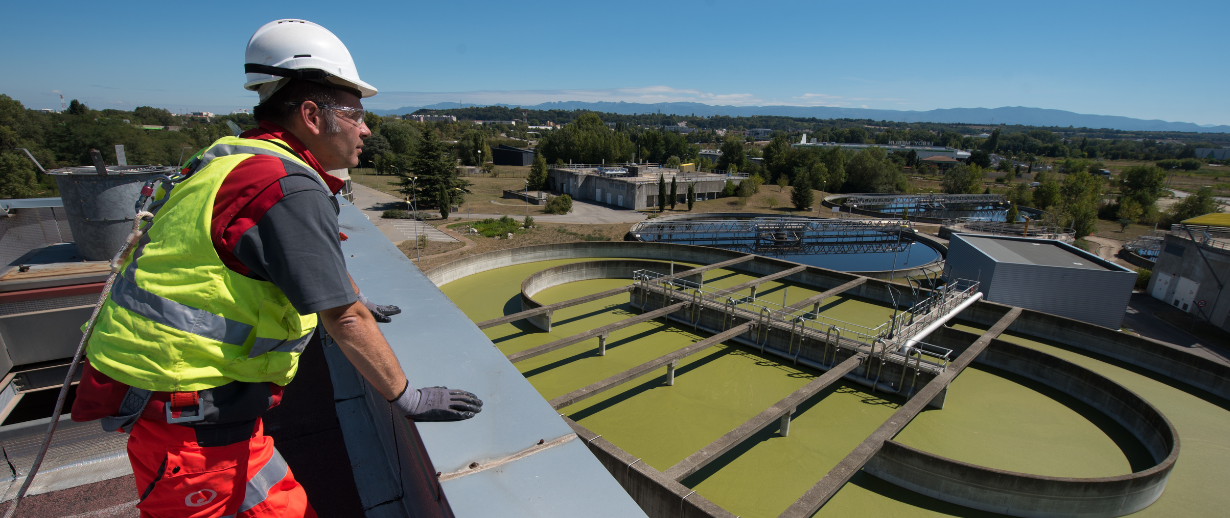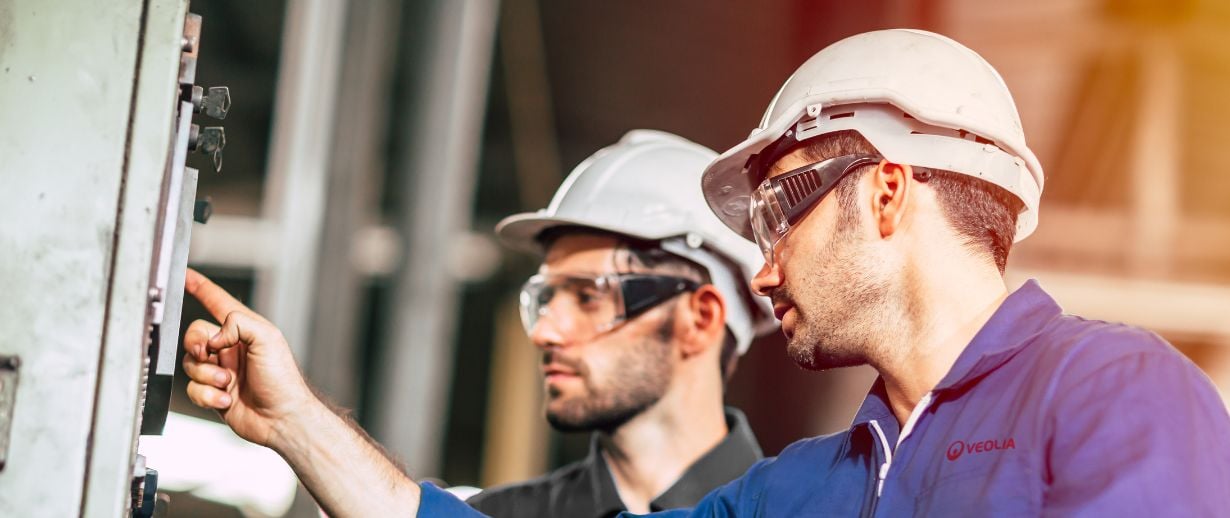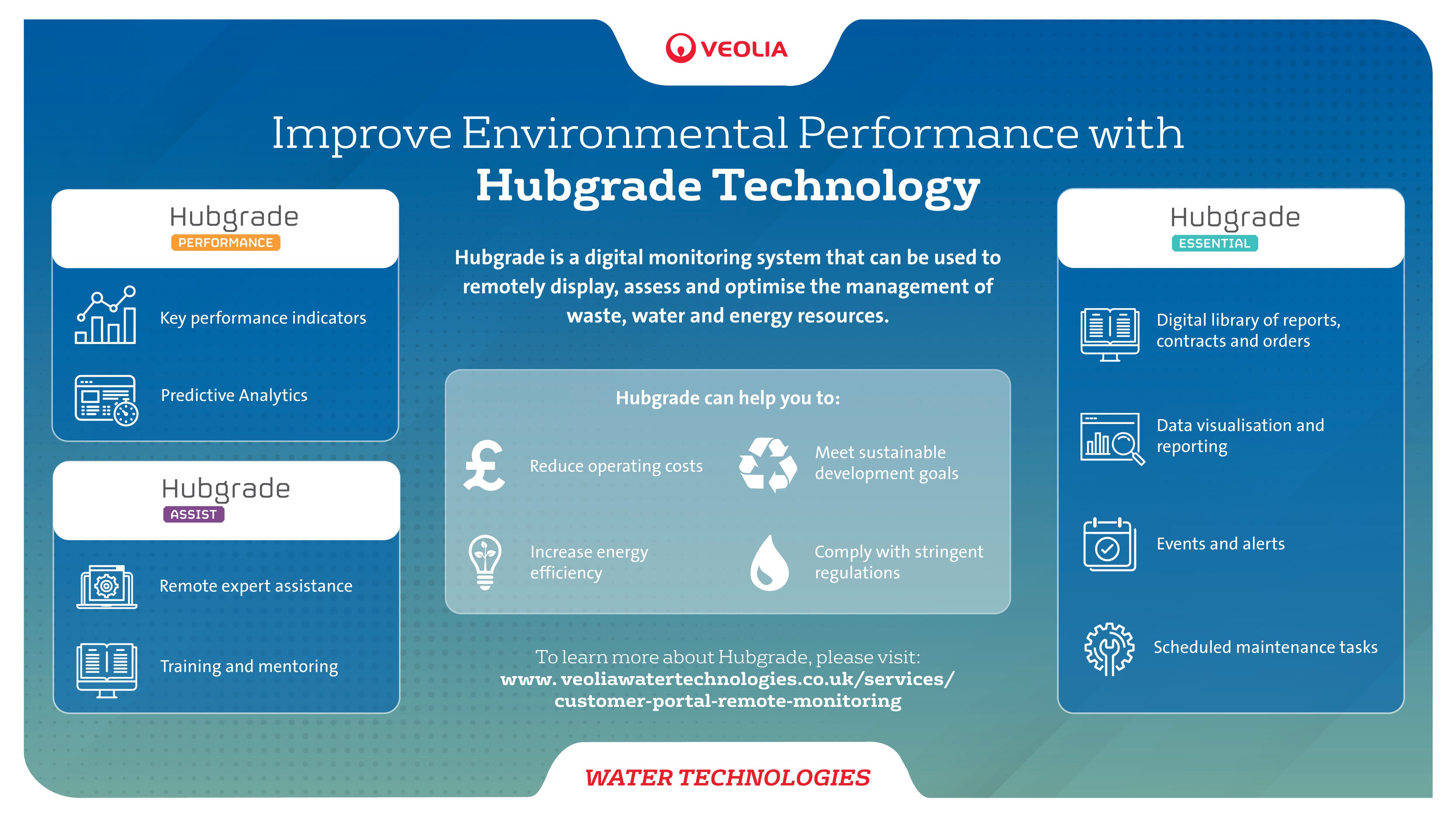The effective treatment of industrial effluent is crucial for a wide range of facilities. Against a backdrop of increasing environmental and economic pressures, selecting the best process can be hard. Here we offer four key areas to consider.
Keep consent limits top of the agenda

All industries have a responsibility to ensure that their trade effluent meets local, regional and national regulatory requirements. We all understand why this is so incredibly important.
An effluent consent (a licence to put wastewater into a sewer, lake, river or other outsource) is put in place to help manage operations while reducing environmental impact. A trade effluent consent provides set limits that must be met and these limits will be dependent on the composition of the wastewater adhering to specific criteria.
These criteria will vary between industries but usually cover:
- Temperature
- pH
- FOG (fat, oil and grease) content
- COD (chemical oxygen demand)
- The Proportion of suspended solids and levels of sulphates
- Heavy metals and other industry-specific chemicals in the effluent
Many regulatory authorities also specify how often wastewater must be tested, as well as the methods used, performing regular audits and spot checks to ensure compliance. Failure to comply with the terms of a licence could result in it being revoked. Know your site consent limits and understand that changes in site operations could also mean a need to adapt the treatment of the effluent to ensure these limits are maintained.
Reduce costs through optimisation

The cost of collecting, treating and disposing of trade effluent depends on the volume of effluent discharged and the strength of the wastewater. Charges for trade effluent are based on the Mogden formula and can be significant if the treatment has been poorly undertaken and your site is regularly breaching its consent limits.
Furthermore, if you are using a metal-based coagulant this can create additional sludge – which also needs to be disposed of - due to its metal hydroxide salt content.
As such, optimising water treatment chemical performance is vital to reduce your Mogden charges and the more efficient your wastewater treatment, the less you pay in discharge costs. Consider switching to a vegetable-based, organic coagulant such as our own Hydrex 6861, as this can reduce sludge production by a staggering 50%, cutting costs and the site’s carbon footprint from sludge disposal.
Bring in specialist knowledge

No matter how experienced the personnel are on site – having a specialist consultative partner can be hugely beneficial. Site surveys can play a pivotal role in identifying the best holistic approach to meet the needs of the facility from an operational and environmental perspective. Surveys can highlight where refurbishment work will have a positive impact; demonstrate if operator training is needed; as well as ensure that the correct chemistry is in place to safeguard your regulatory compliance.
Sometimes the simple act of having an expert who is not involved in the day-to-day to offer insight and guidance with a fresh pair of eyes can reap rewards in the long term.
Work smarter – not harder

Making steps towards digital working processes can help to reduce risk and improve how water treatment is managed. Hubgrade® is a flexible tool that can connect, monitor and support your on-site activities and help to overcome a wide range of daily on-site challenges. Assisting in the monitoring and management of trade effluent is a crucial way that digital processes can really add value.
Adopting digital processes doesn’t have to mean a big (or expensive) change but as part of a site survey, why not consider what digital services can do to support the teams on-site? Hubgrade® can be implemented for a single technology, a range of equipment or a complete wastewater treatment plant – whether it is our own equipment or not.
For more information and advice on the effective treatment of effluent click Municipal Wastewater Treatment or Industrial Wastewater Treatment.